Traveling is a thrilling experience, offering opportunities to explore new places, cultures, and cuisines. However, the excitement can often be overshadowed by the overwhelming task of packing.
Overpacking is a common problem that many travelers face, leading to unnecessary stress and inconvenience. By identifying the items you can do without, you can travel lighter, smarter, and more comfortably. Here’s a comprehensive list of things you don’t need to pack on your next adventure.
Excessive Clothing
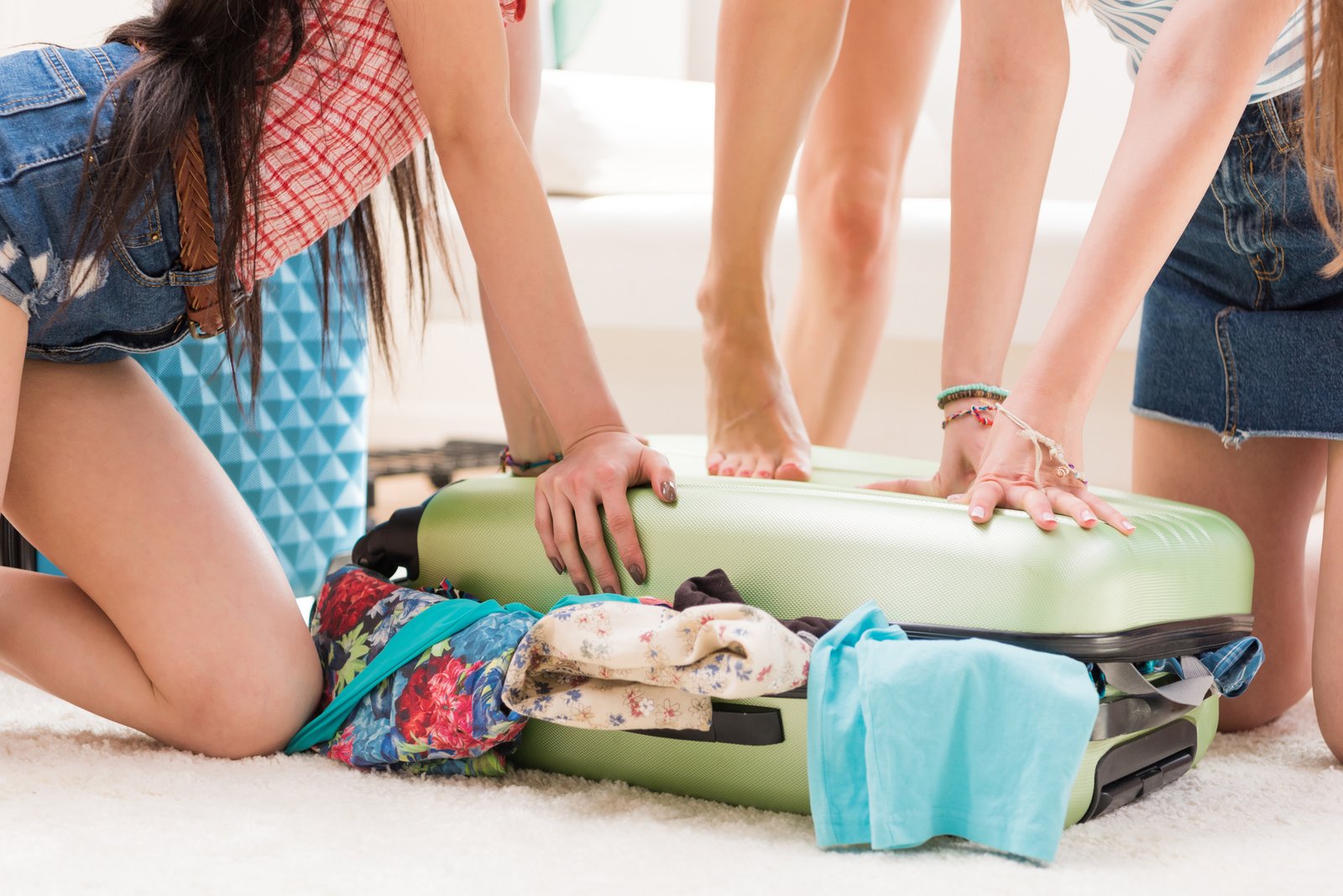
One of the most common packing mistakes is bringing too many clothes. While it’s tempting to prepare for every possible scenario, it’s unnecessary. Pack versatile clothing that can be mixed and matched.
Aim for a capsule wardrobe with neutral colors that allow for easy coordination. Remember, most destinations have laundry facilities, and washing clothes on the go is a viable option. Limit yourself to a week’s worth of outfits, regardless of the trip’s duration.
Heavy Books

Books are wonderful travel companions, but they can be bulky and heavy. Instead of packing physical books, consider an e-reader or a tablet. These devices can hold hundreds of books in one compact package. If you’re not a fan of e-readers, many hotels and hostels have book exchange programs where you can swap your finished book for a new one. Audiobooks are also an excellent alternative for those who enjoy listening rather than reading.
Full-Size Toiletries
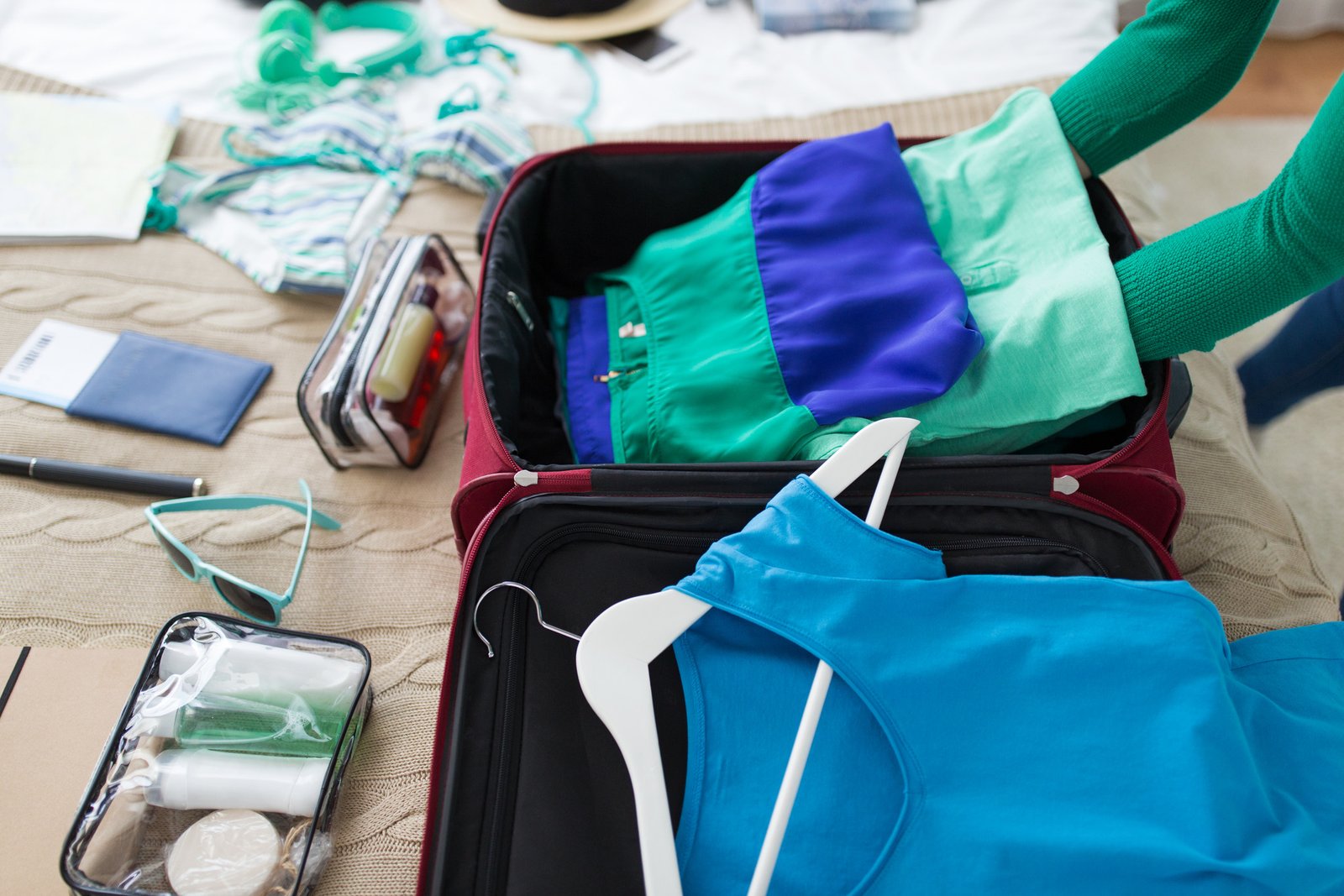
Full-size toiletries take up significant space and add unnecessary weight to your luggage. Opt for travel-sized versions of your essential toiletries or purchase reusable travel bottles that you can refill. Many hotels provide complimentary toiletries, and you can always buy what you need at your destination. Additionally, consider solid toiletries like shampoo bars and soap bars, which are more compact and often more environmentally friendly.
Expensive Jewelry and Valuables

Bringing expensive jewelry and valuables on your travels is not only unnecessary but also risky. These items can make you a target for theft and can be easily lost or damaged. Leave valuable items at home and opt for affordable, replaceable accessories instead. If you must bring something valuable, use a travel safe or keep it secure in your hotel’s safe.
Multiple Pairs of Shoes
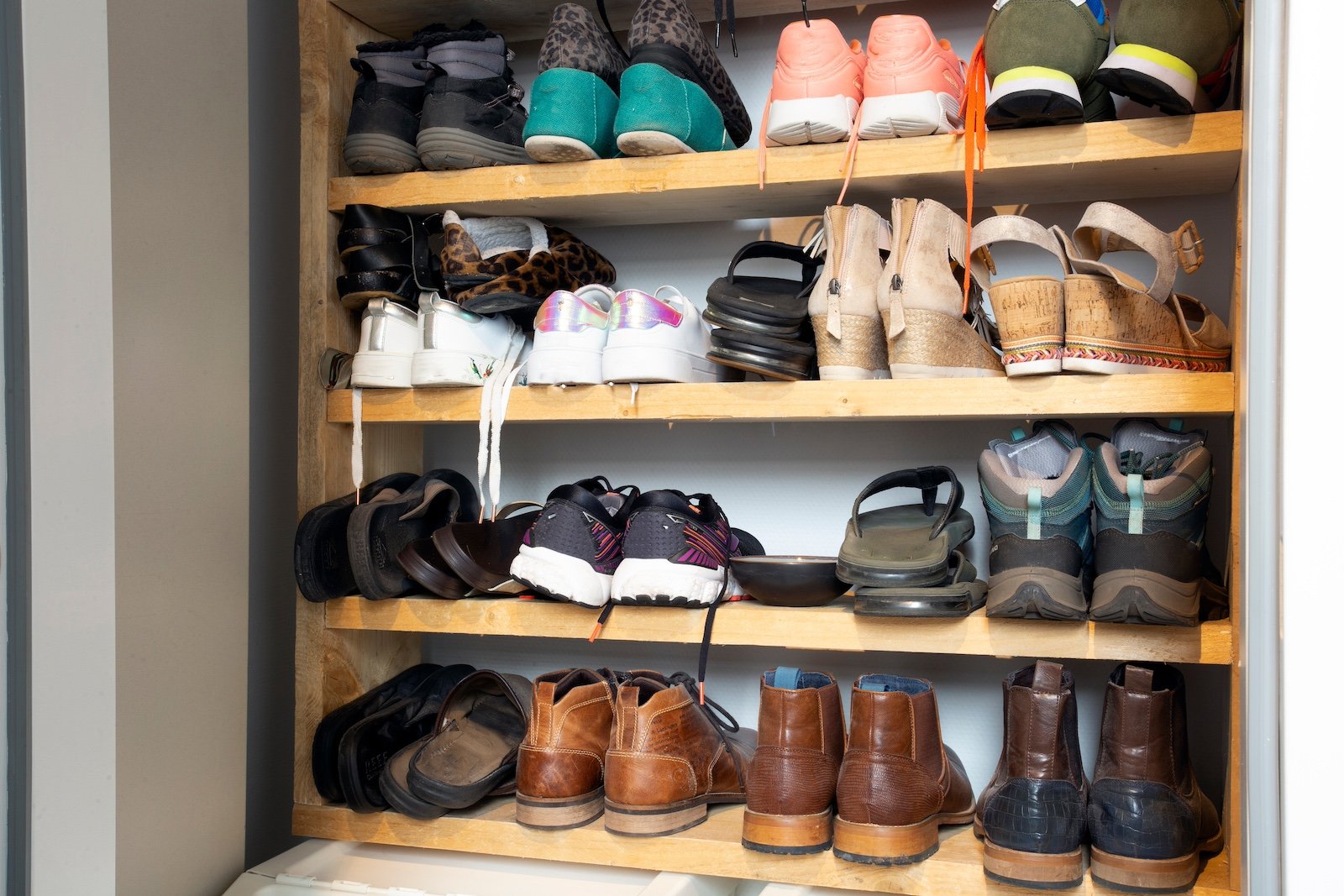
Shoes can take up a lot of space in your luggage. Limit yourself to two or three pairs: one pair of comfortable walking shoes, one pair of versatile dress shoes, and possibly a pair of sandals or flip-flops if your destination calls for it. Choose shoes that are comfortable and suitable for various activities to minimize the need for multiple pairs.
Hair Dryers and Styling Tools
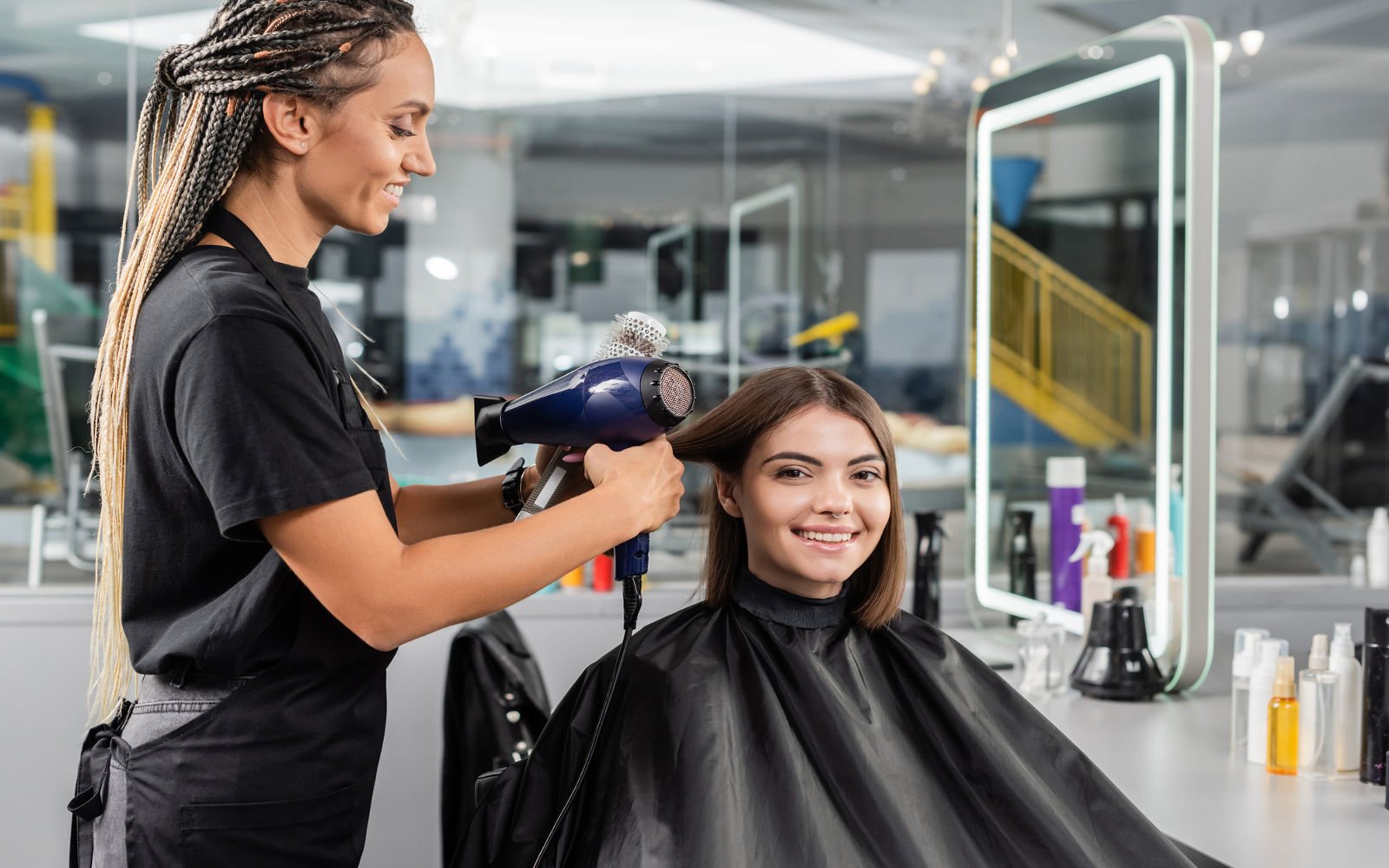
Most hotels provide hair dryers, and many destinations have different electrical outlets and voltages, making your styling tools potentially incompatible. Unless you have specific hair care needs that local appliances cannot meet, leave your hair dryer and styling tools at home. If you need these items, consider investing in dual-voltage travel versions.
Excessive Gadgets
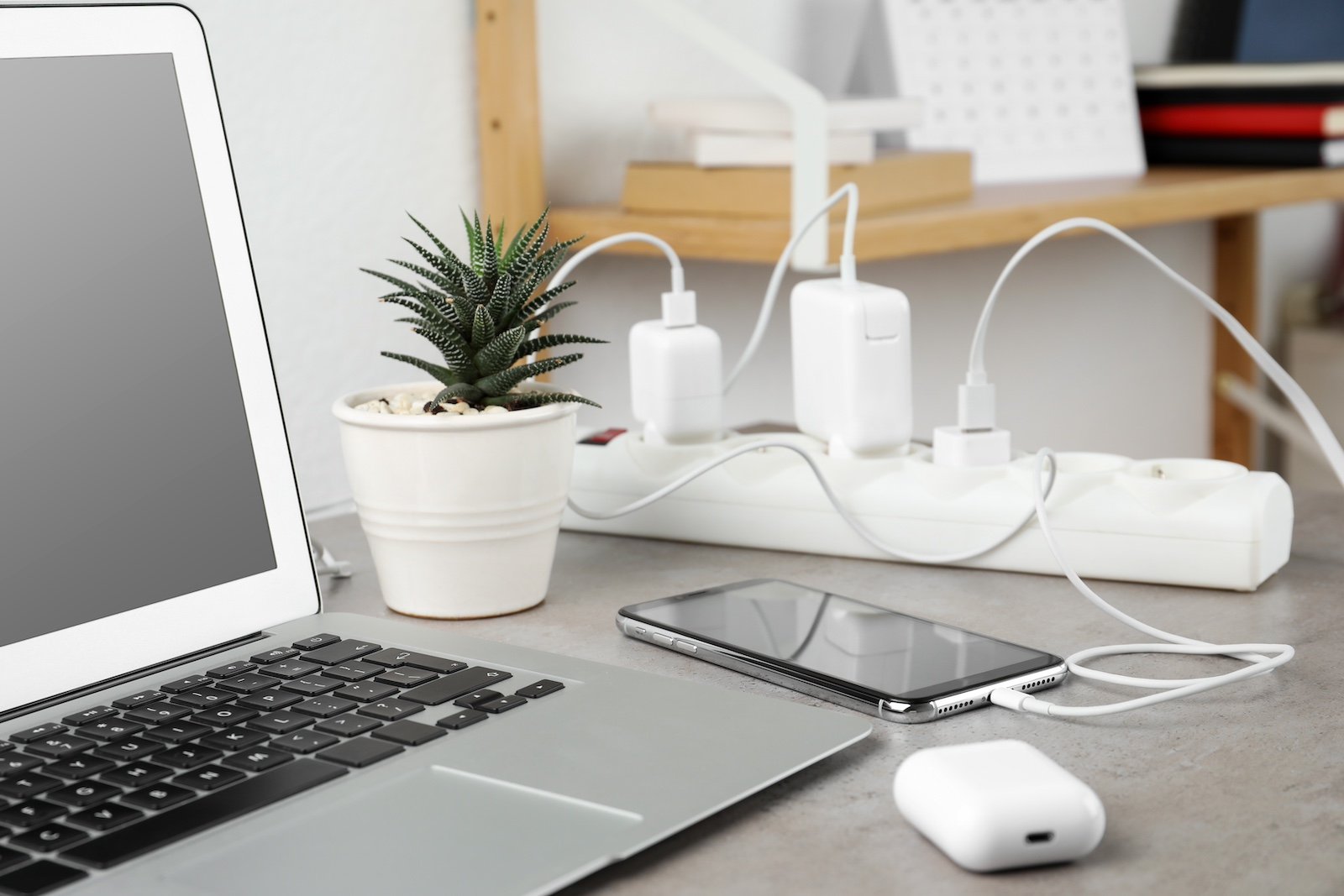
It’s easy to get carried away with gadgets, but they can add weight and take up valuable space. Assess which devices are truly necessary for your trip. A smartphone can often serve multiple functions such as a camera, GPS, and entertainment device. If you need a laptop, tablet, and camera, make sure each serves a distinct purpose that justifies its inclusion. Avoid bringing items like portable DVD players or excessive chargers and cables.
Guidebooks
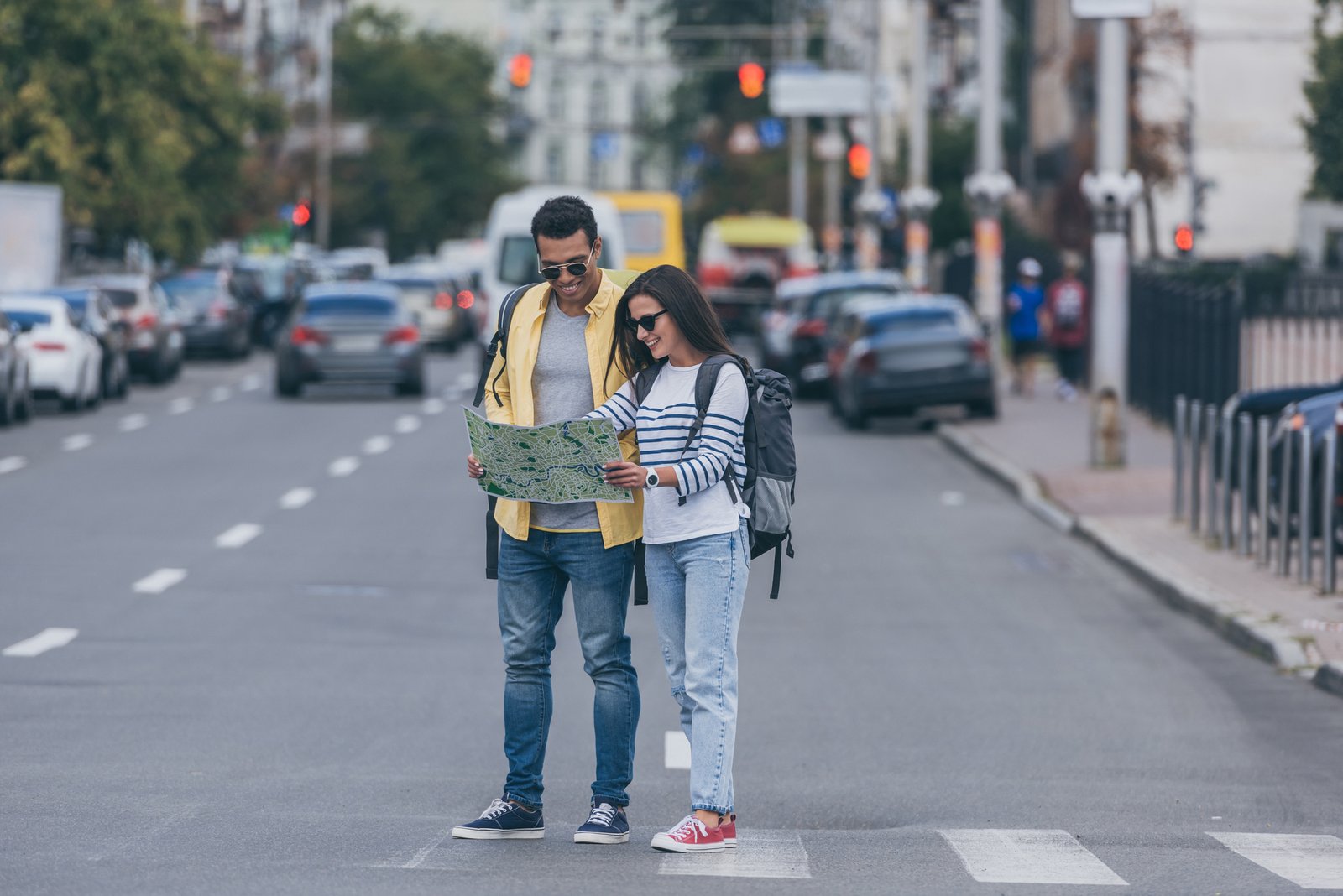
While guidebooks can be helpful, they are often bulky and quickly outdated. Instead, download travel apps and digital versions of guidebooks. Many travel apps offer offline features, so you can access maps, restaurant reviews, and tourist information without needing an internet connection. Additionally, you can always ask locals for recommendations or visit tourist information centers.
Bulky Towels

Towels take up a lot of space and can be heavy when wet. Most accommodations provide towels, so there’s no need to pack your own. If you’re staying in a place where towels are not provided, consider bringing a lightweight, quick-drying travel towel. These are compact and dry much faster than regular towels.
Over-the-Top First Aid Kits
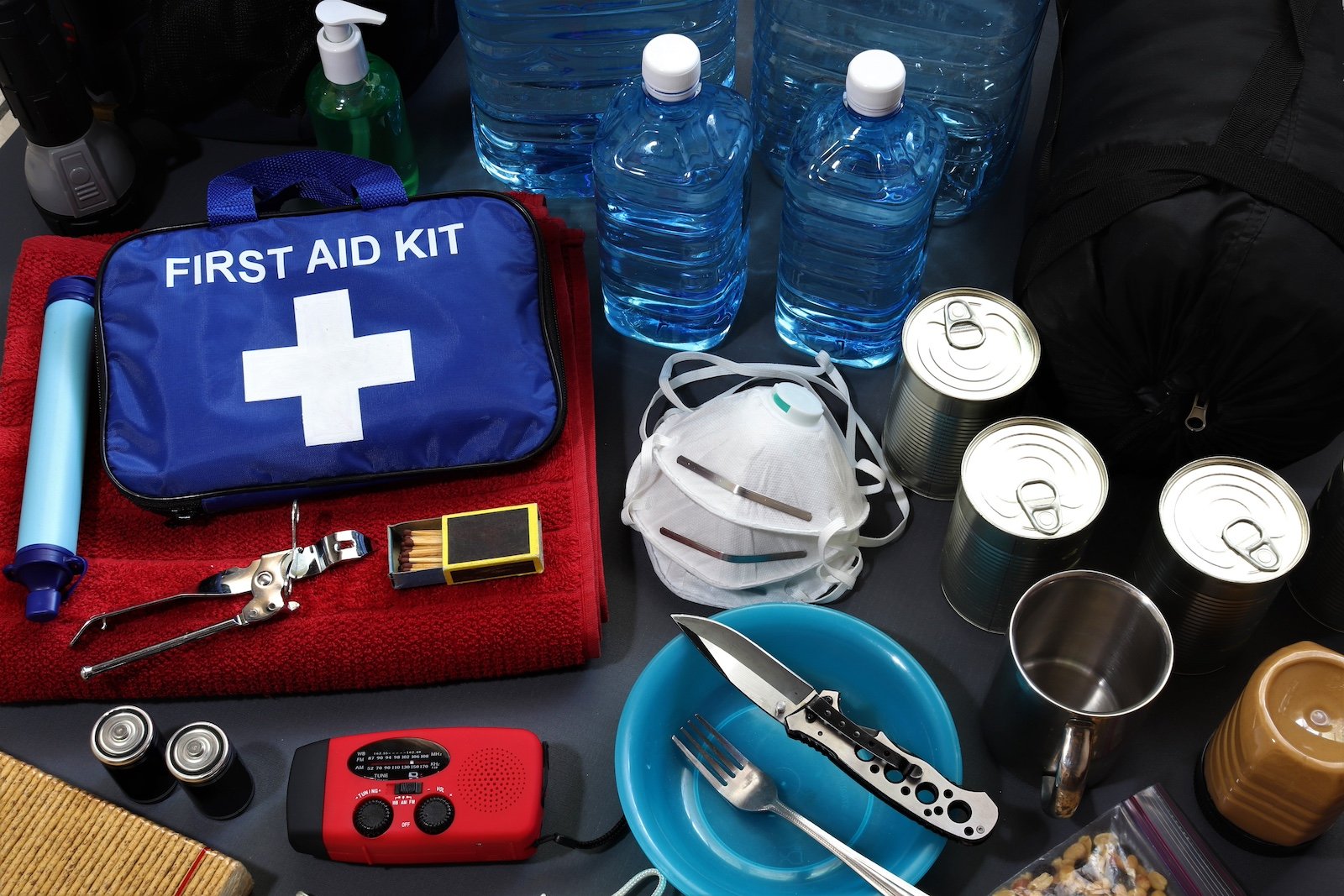
While a small first aid kit is essential, there’s no need to pack a comprehensive medical kit. Bring basic items like adhesive bandages, antiseptic wipes, pain relievers, and any prescription medications you need. In most destinations, you can easily purchase additional medical supplies if needed.
Too Much Cash

Carrying large amounts of cash can be risky. Instead, bring a small amount of local currency for immediate expenses and rely on credit or debit cards for most transactions. Make sure to inform your bank of your travel plans to avoid any issues with card usage. Additionally, having a backup card stored separately from your main card can be a lifesaver in case of loss or theft.
Non-Essential Accessories
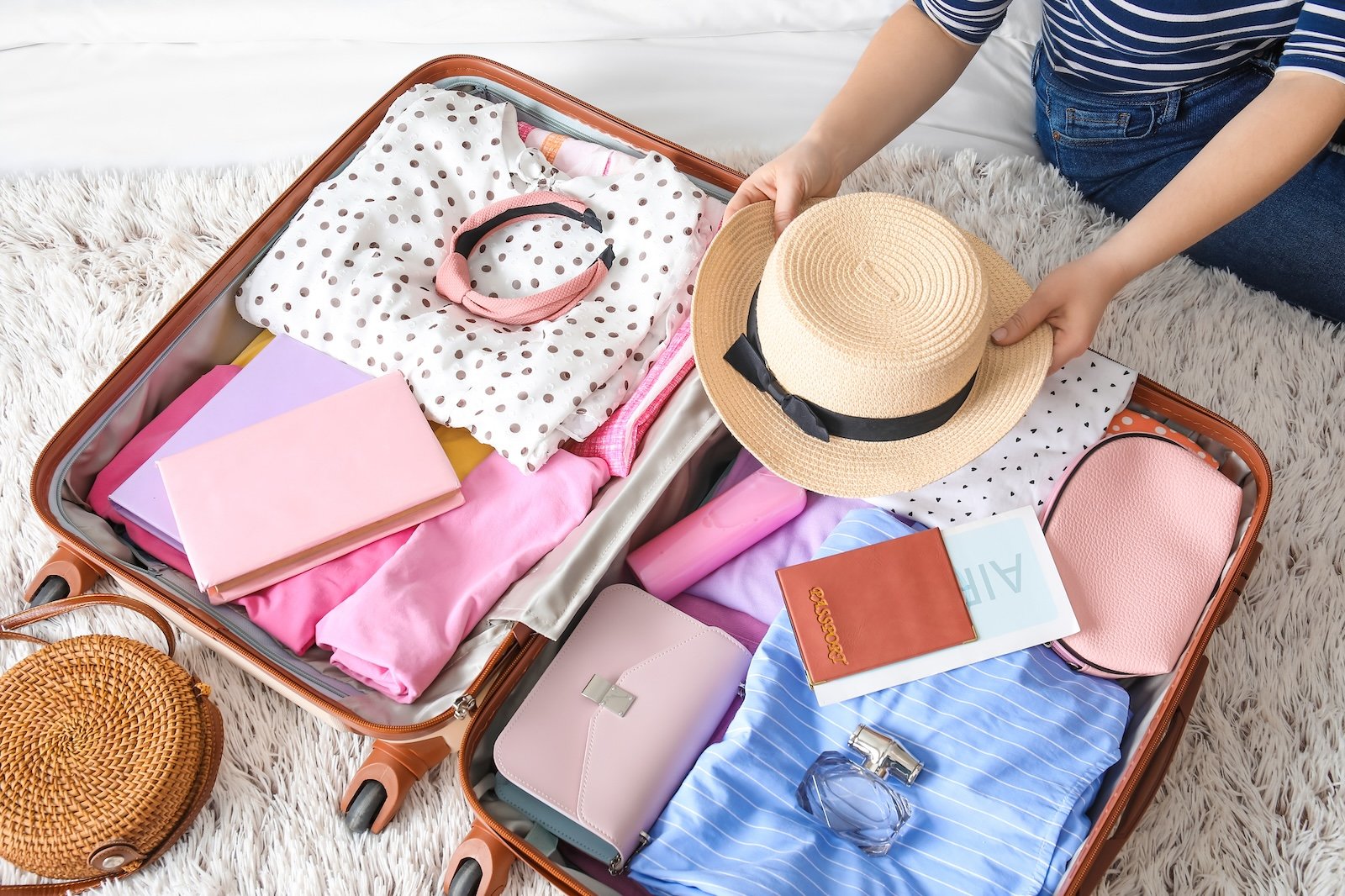
Accessories like belts, hats, and scarves can quickly add up and consume valuable space. Limit yourself to essential accessories that complement your outfits. Choose items that are versatile and can be worn with multiple outfits. Remember, you can always purchase unique accessories at your destination, adding a touch of local flavor to your wardrobe.
Bulky Camera Gear
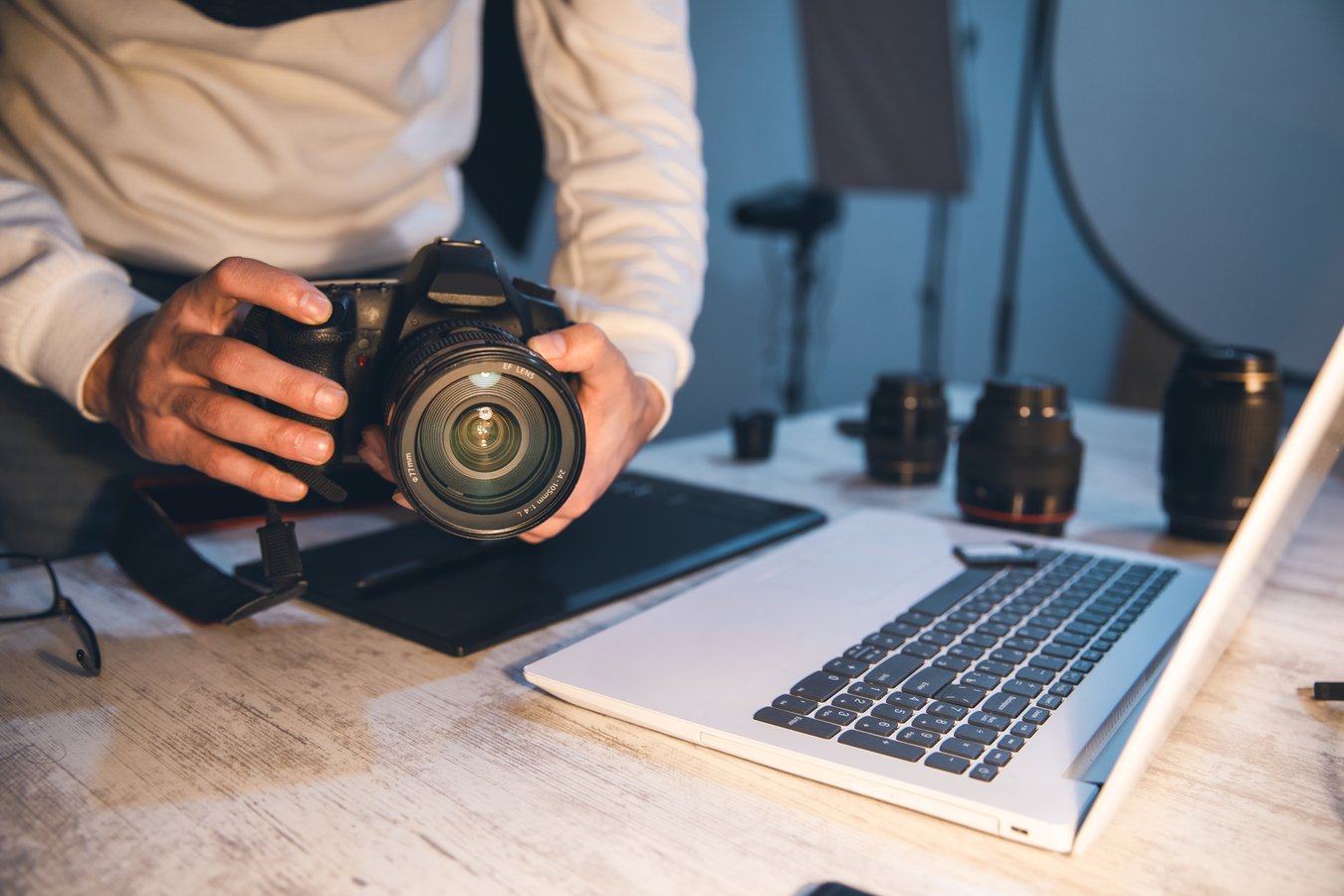
Unless you are a professional photographer, you don’t need to bring a large camera with multiple lenses. Modern smartphones have excellent cameras that are more than sufficient for capturing travel memories. If you prefer a dedicated camera, consider a compact point-and-shoot or a mirrorless camera that is lighter and less bulky than a DSLR.
Snacks and Non-Essential Food Items

Bringing snacks can be convenient, but they are often unnecessary. Most destinations have a variety of local snacks and food options to explore. Only pack snacks if you have specific dietary requirements or if you’re traveling to a remote location with limited food options. Otherwise, enjoy trying new foods at your destination.
Laundry Supplies

There’s no need to pack a full laundry kit. Most accommodations offer laundry services, and you can always find laundromats in urban areas. If you need to do some light washing, bring a small amount of laundry detergent or laundry sheets and a sink stopper. A portable clothesline can also help dry clothes in your room.
Extra Bedding

Unless you have specific comfort needs or are camping, there’s no need to bring extra bedding. Hotels, hostels, and other accommodations provide adequate bedding. If you’re concerned about cleanliness, consider bringing a lightweight sleeping bag liner or a travel sheet.
Too Many Souvenirs
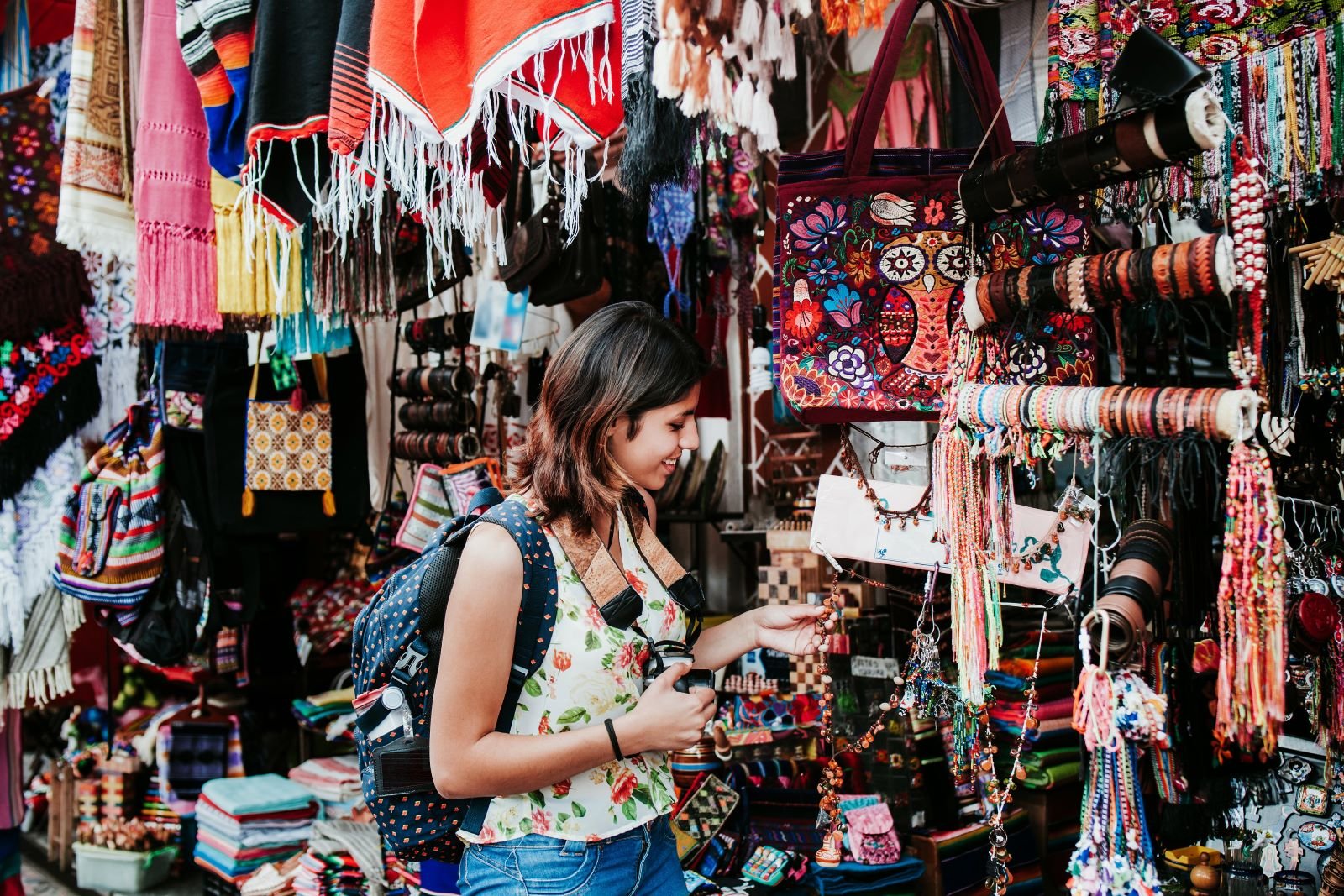
It’s easy to get carried away with buying souvenirs, but they can quickly add weight and take up space in your luggage. Limit your souvenir purchases to small, meaningful items that won’t burden your packing. Consider digital souvenirs like photos or lightweight items like postcards. If you buy larger items, consider shipping them home rather than carrying them with you.
Duplicates of Everything
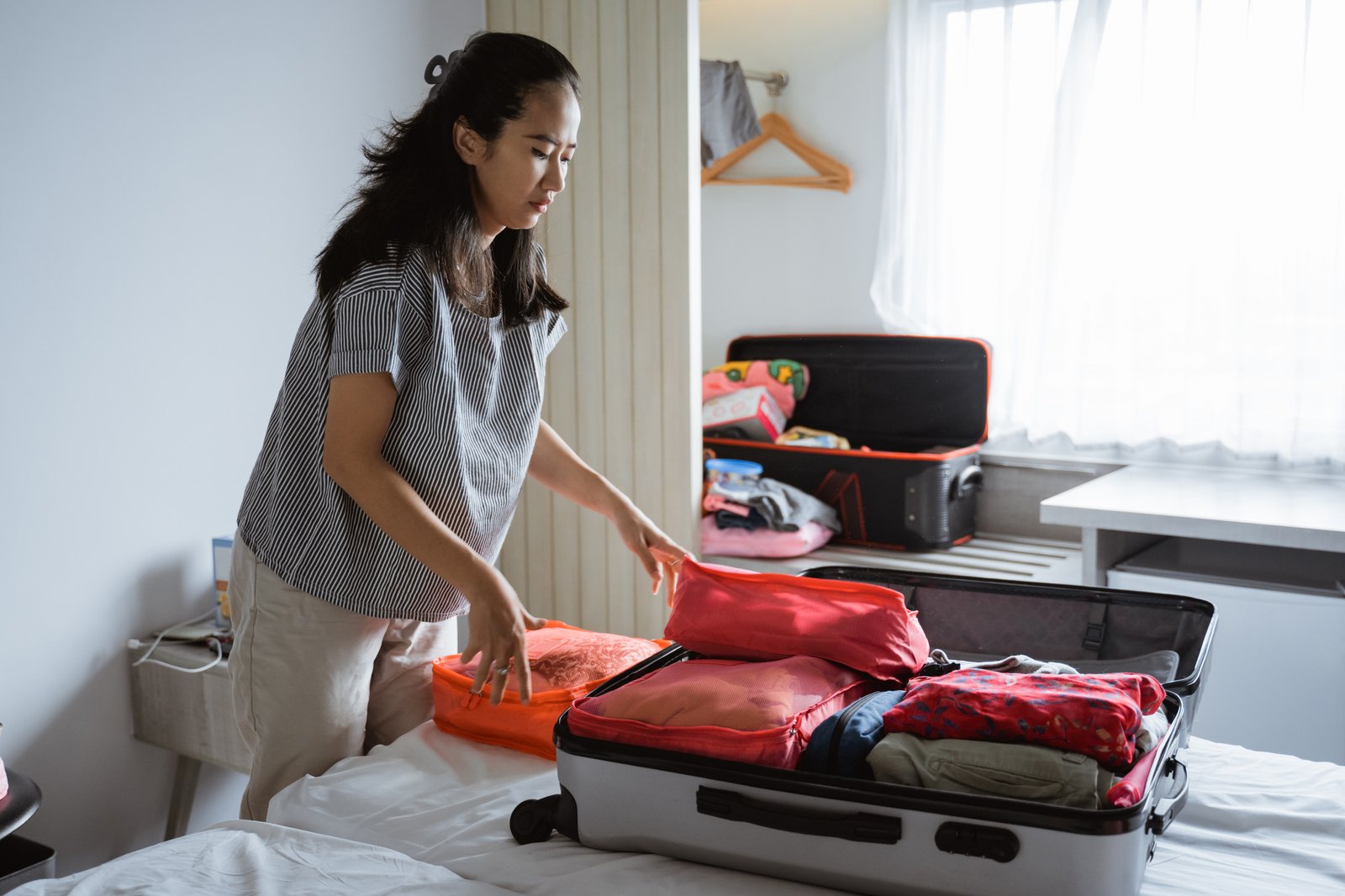
It’s tempting to pack duplicates of items in case one gets lost or damaged, but this is usually unnecessary. For example, you don’t need multiple phone chargers or pairs of sunglasses. Pack one reliable item and take good care of it. If something does happen to an essential item, you can usually find a replacement at your destination.


